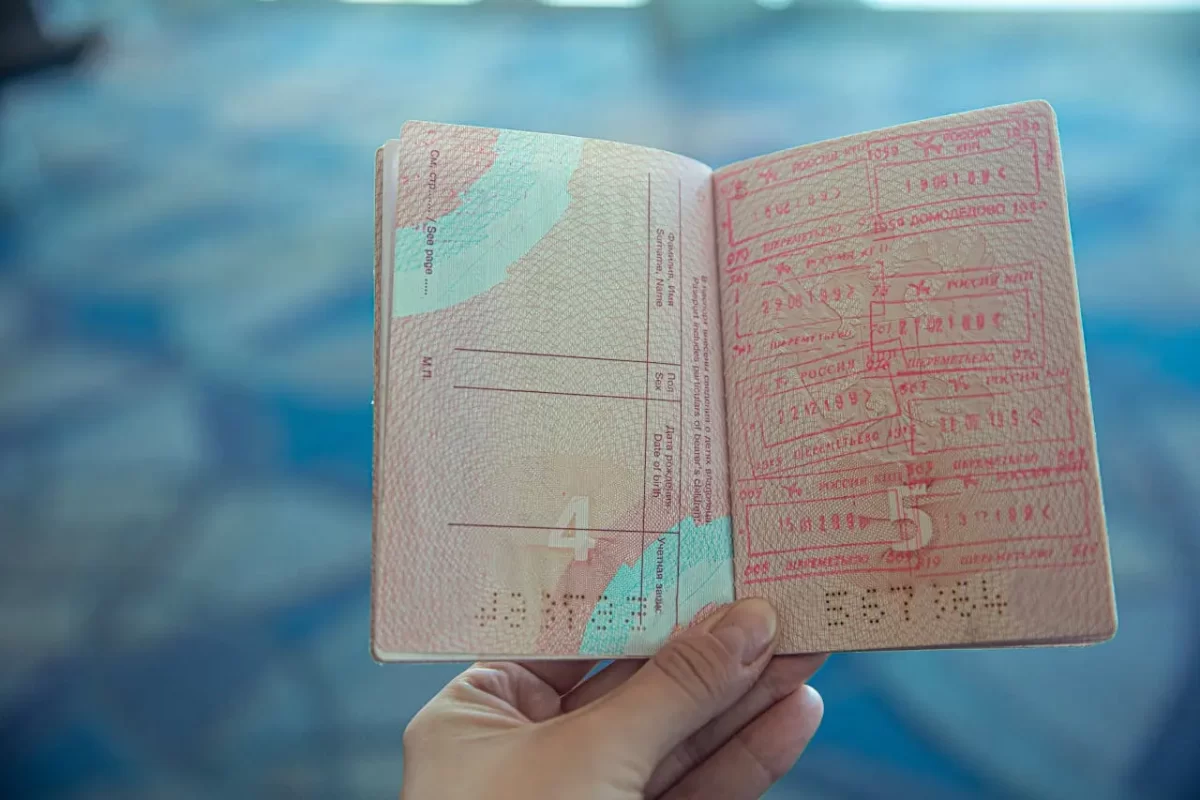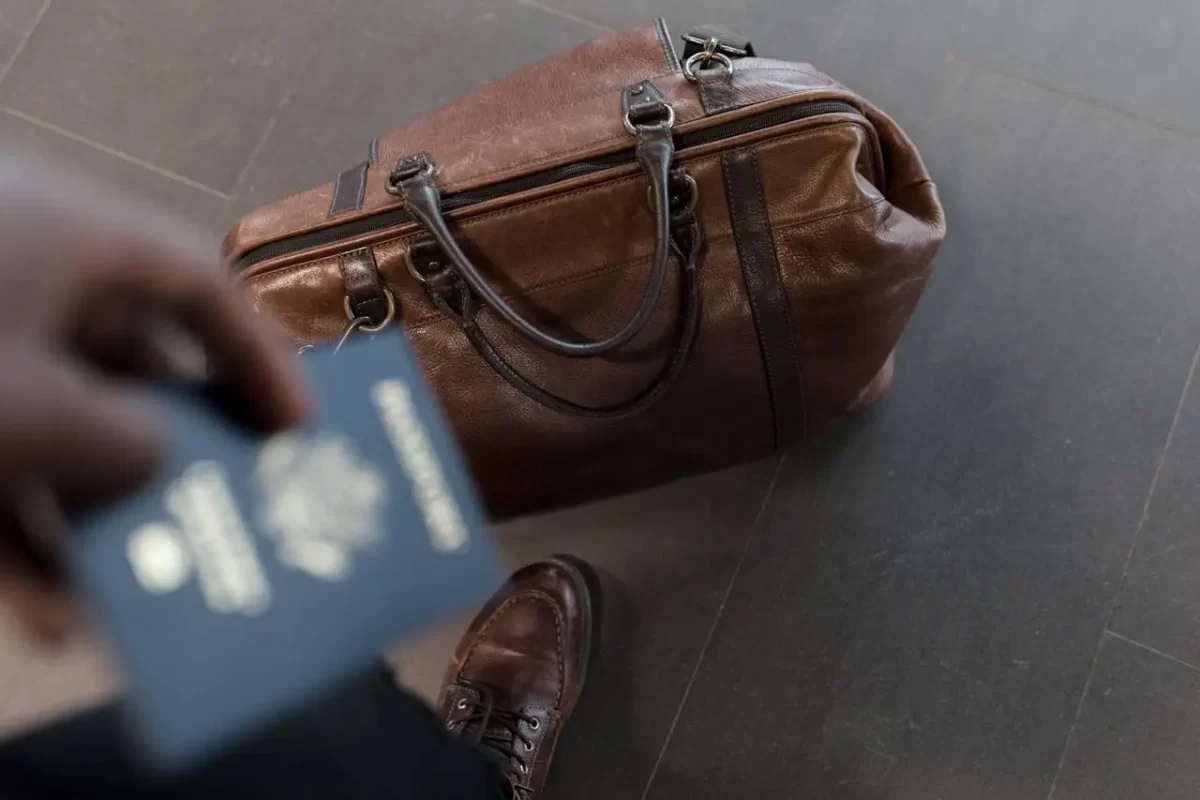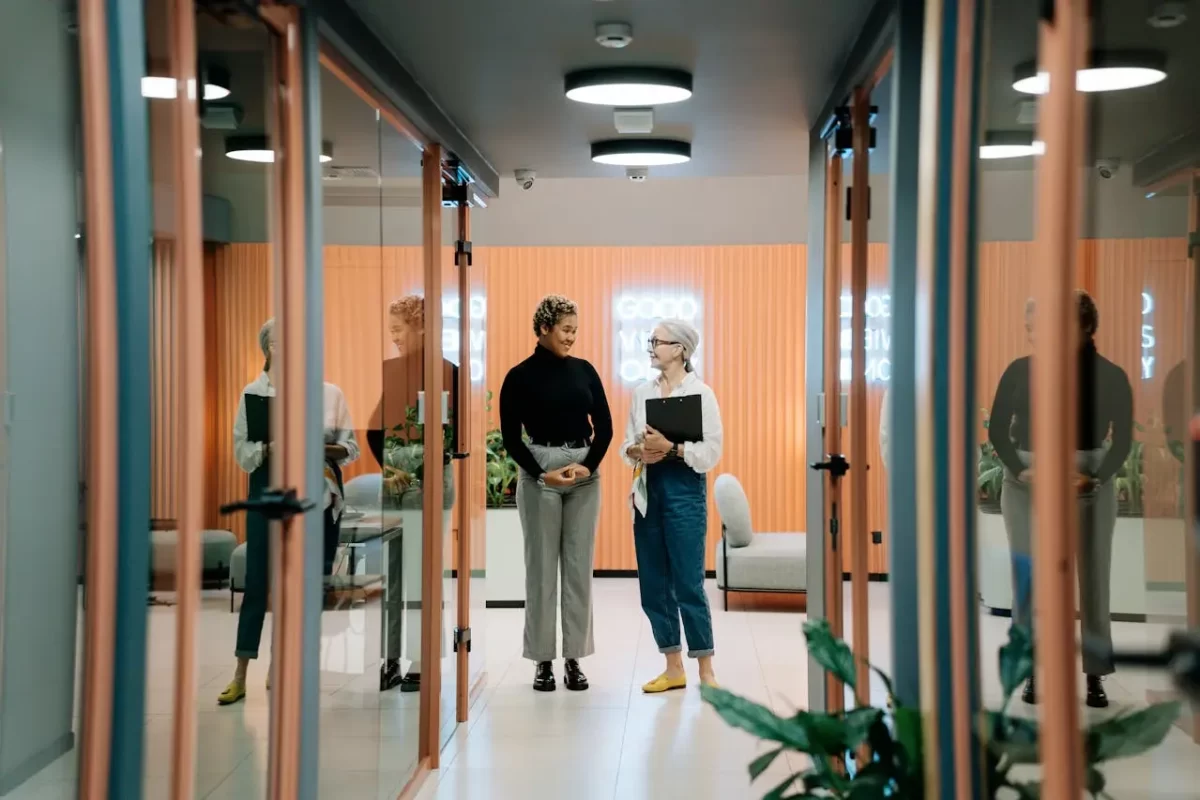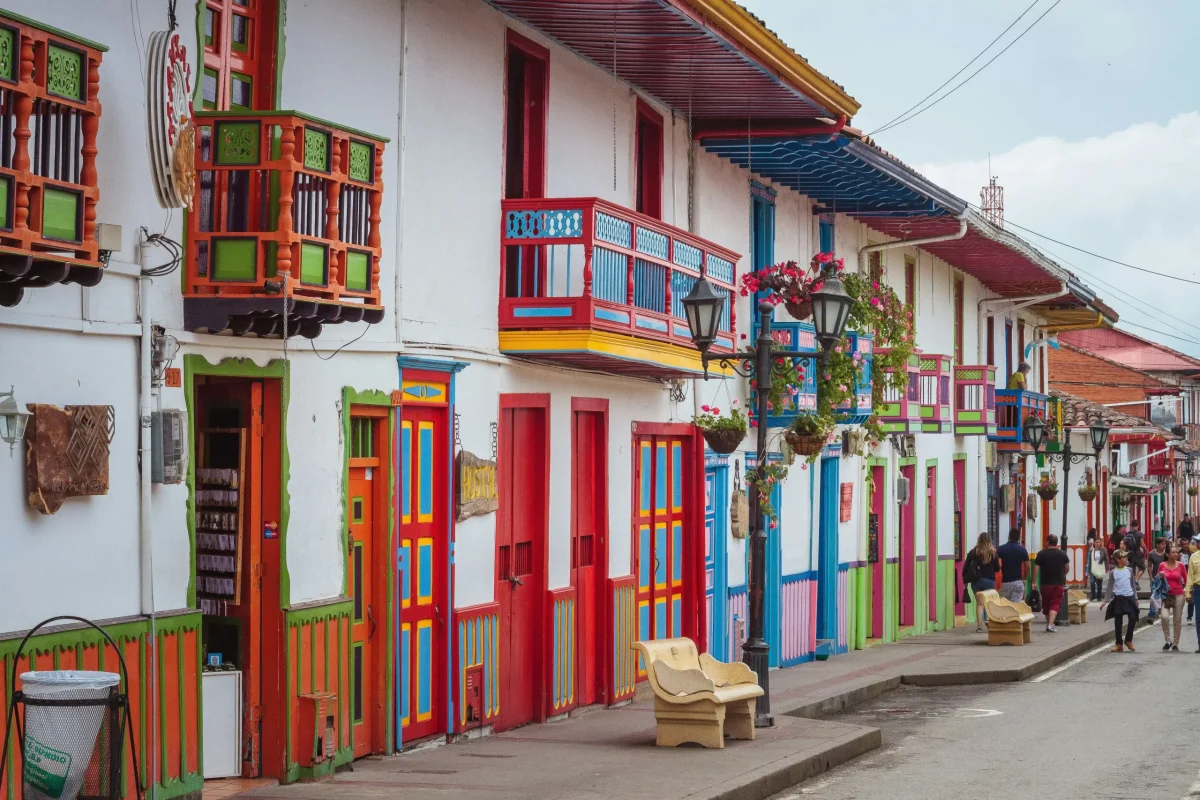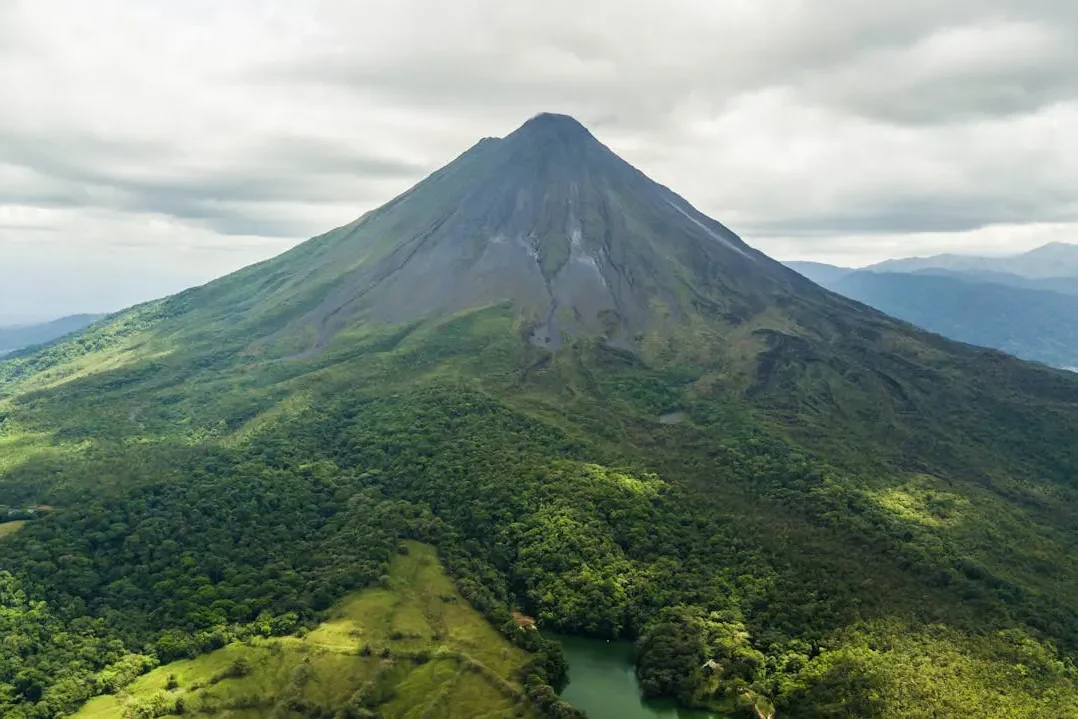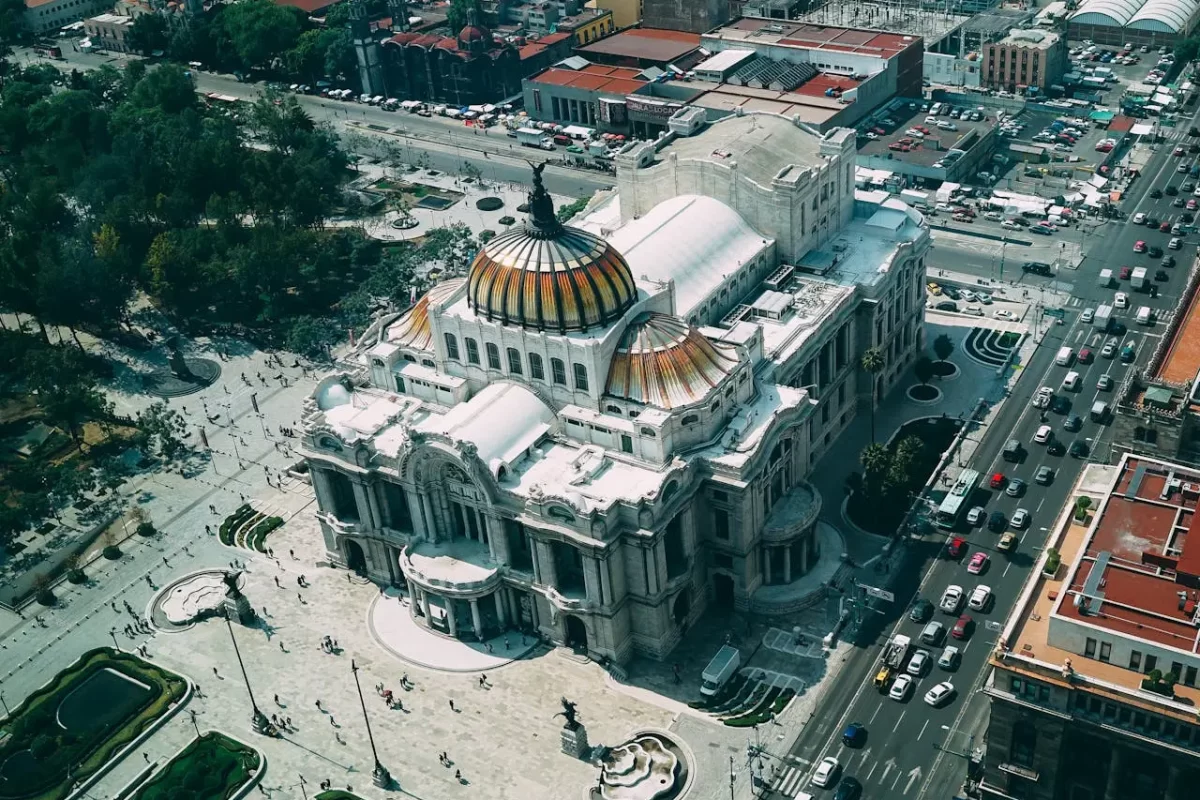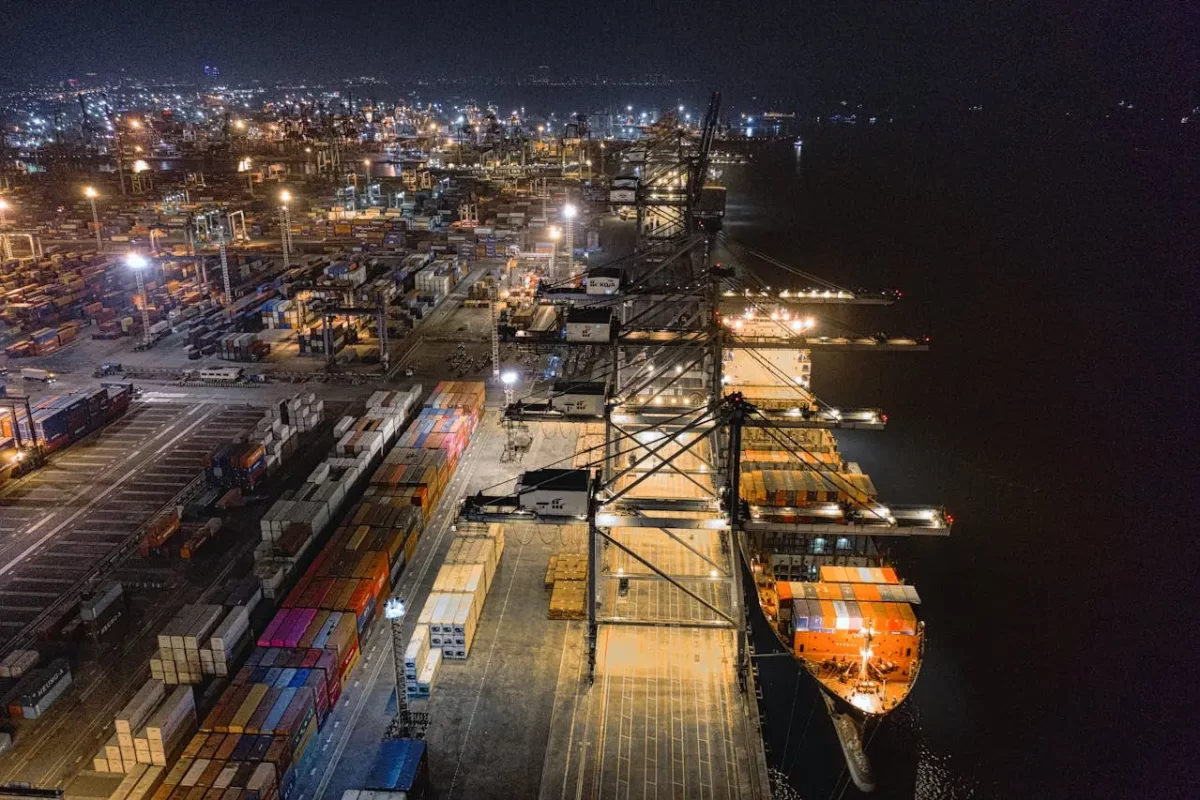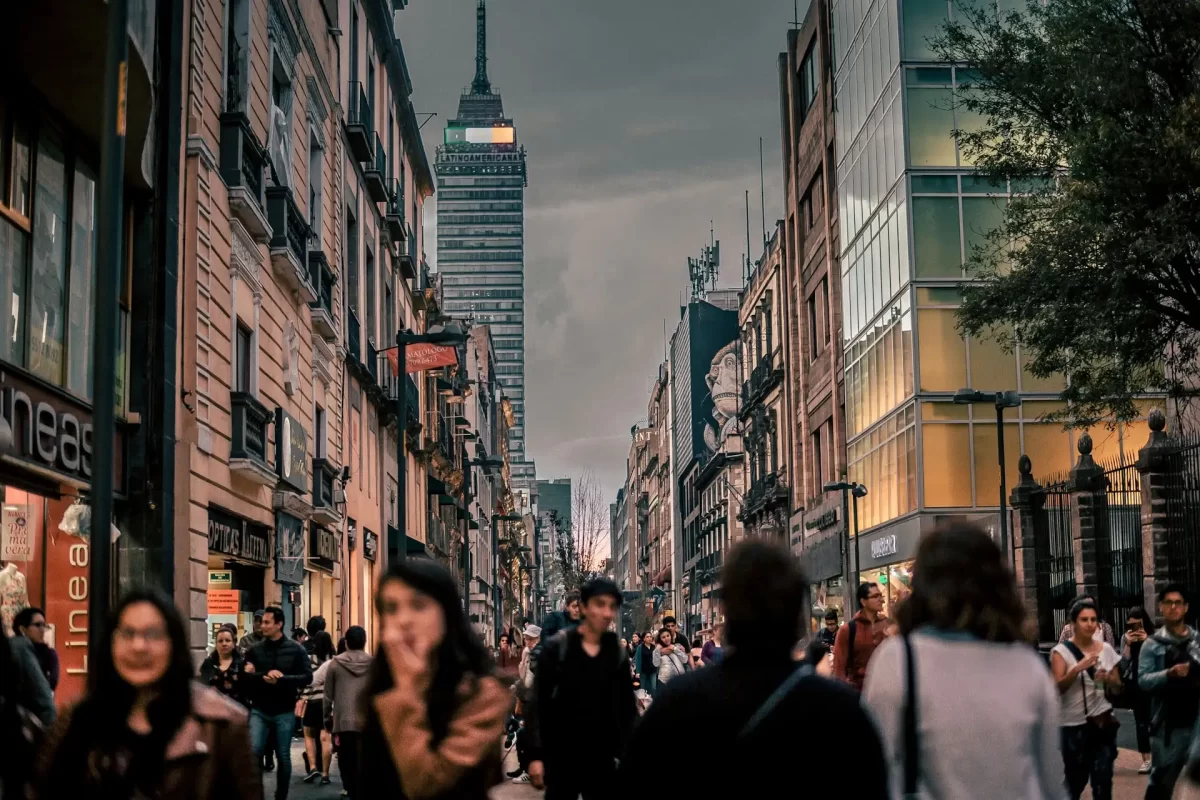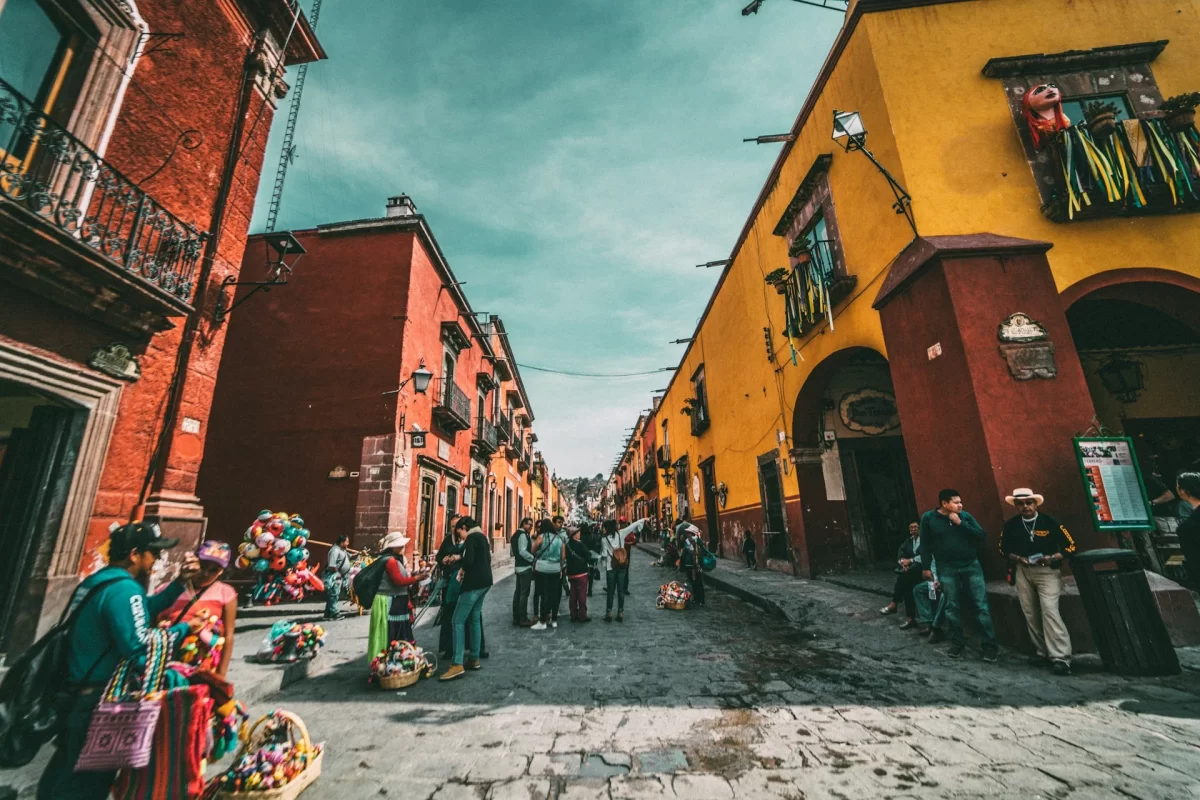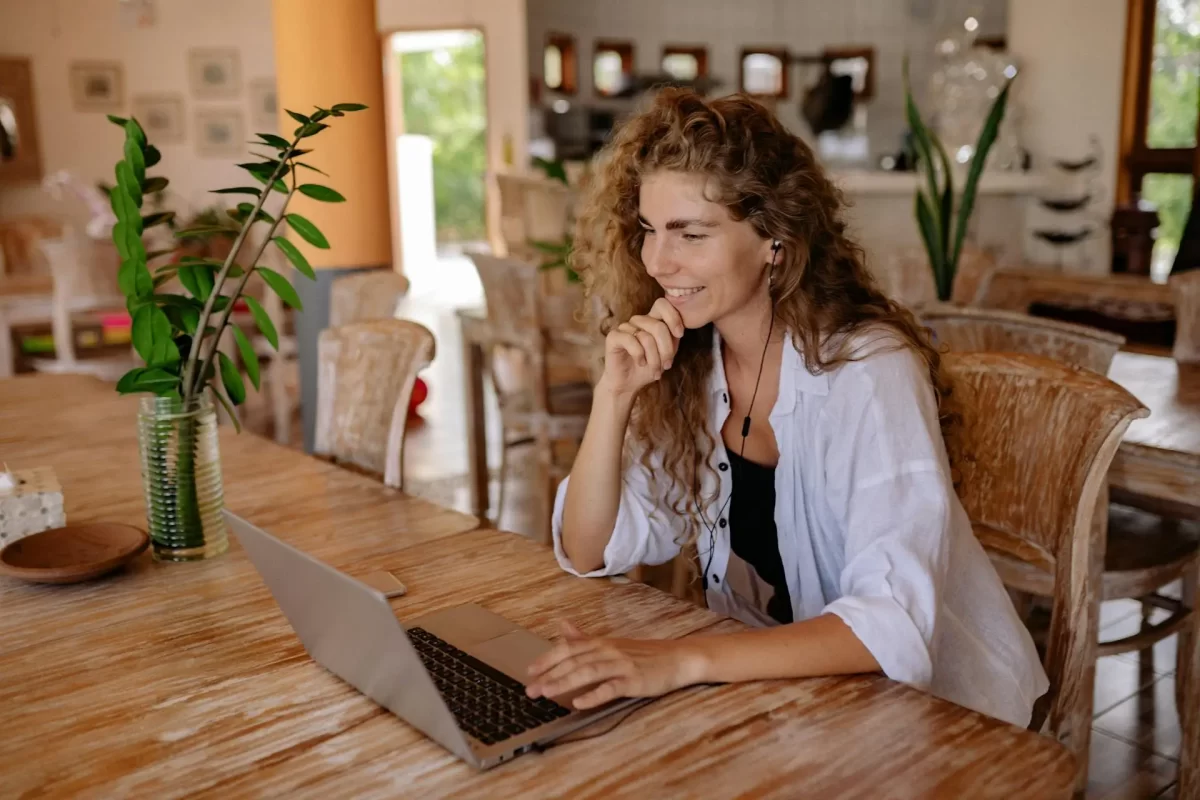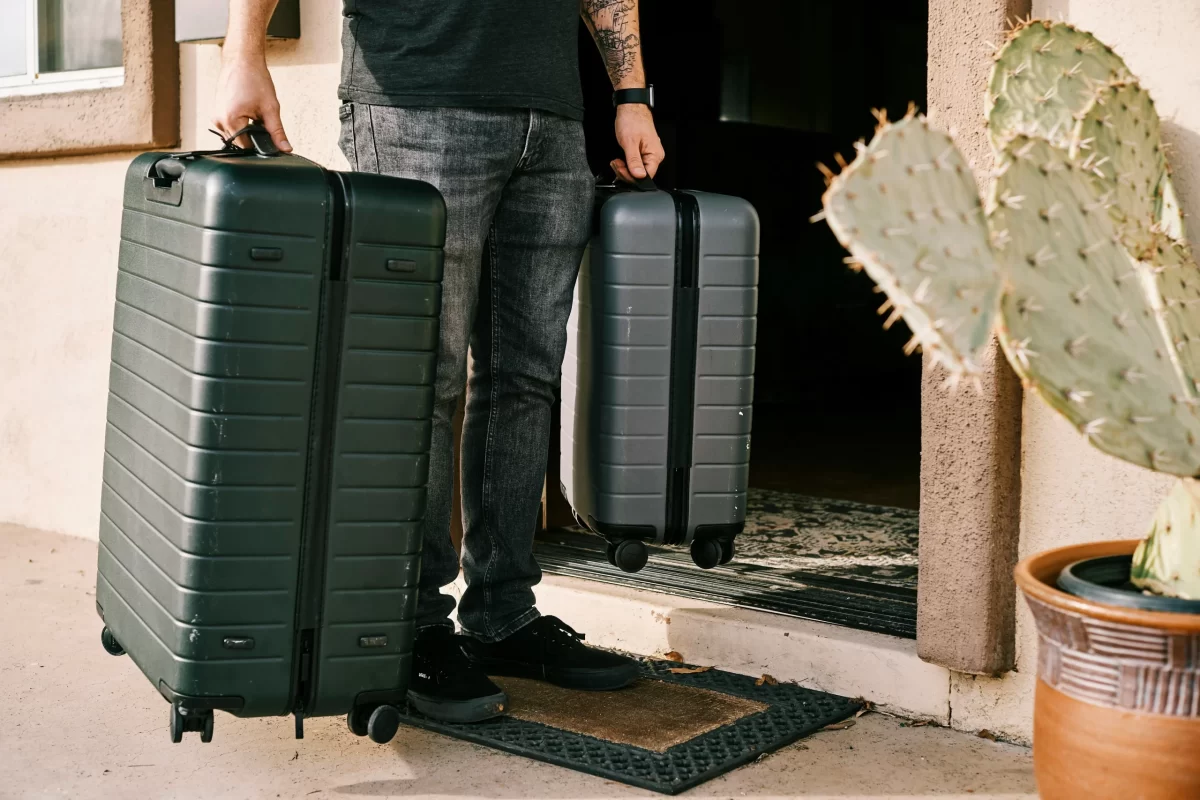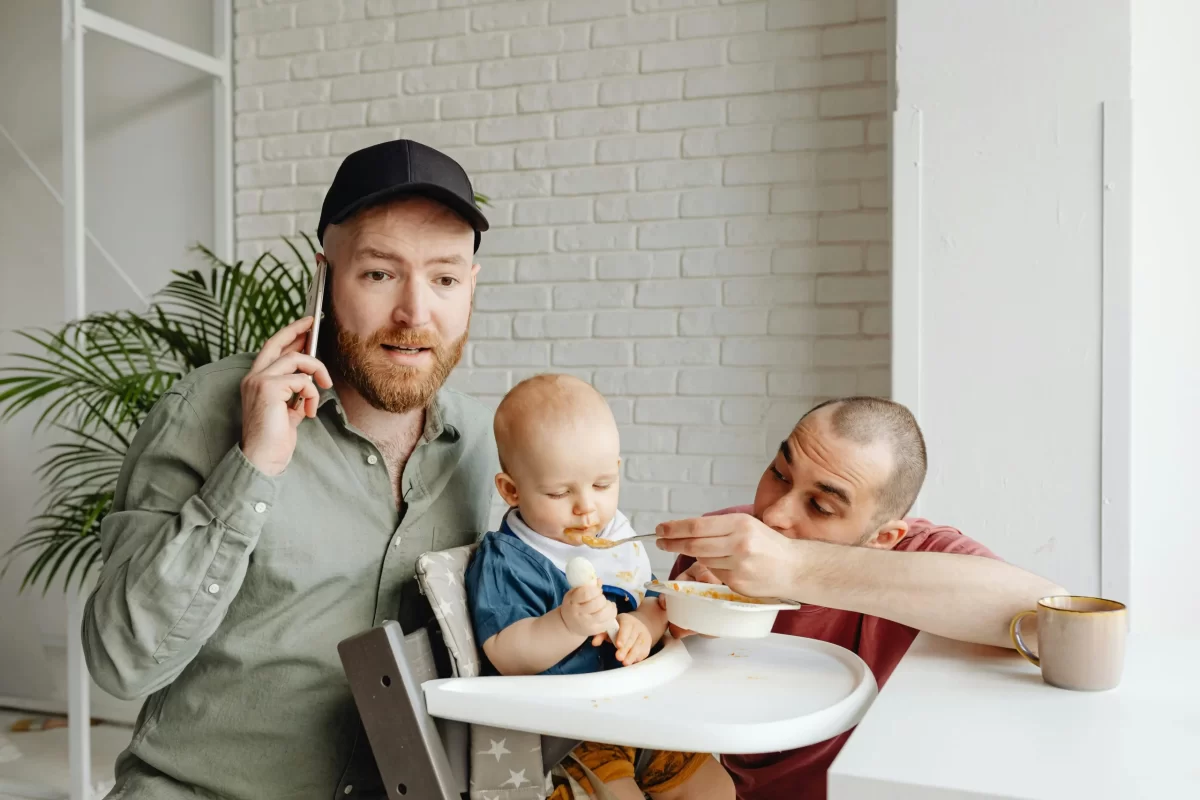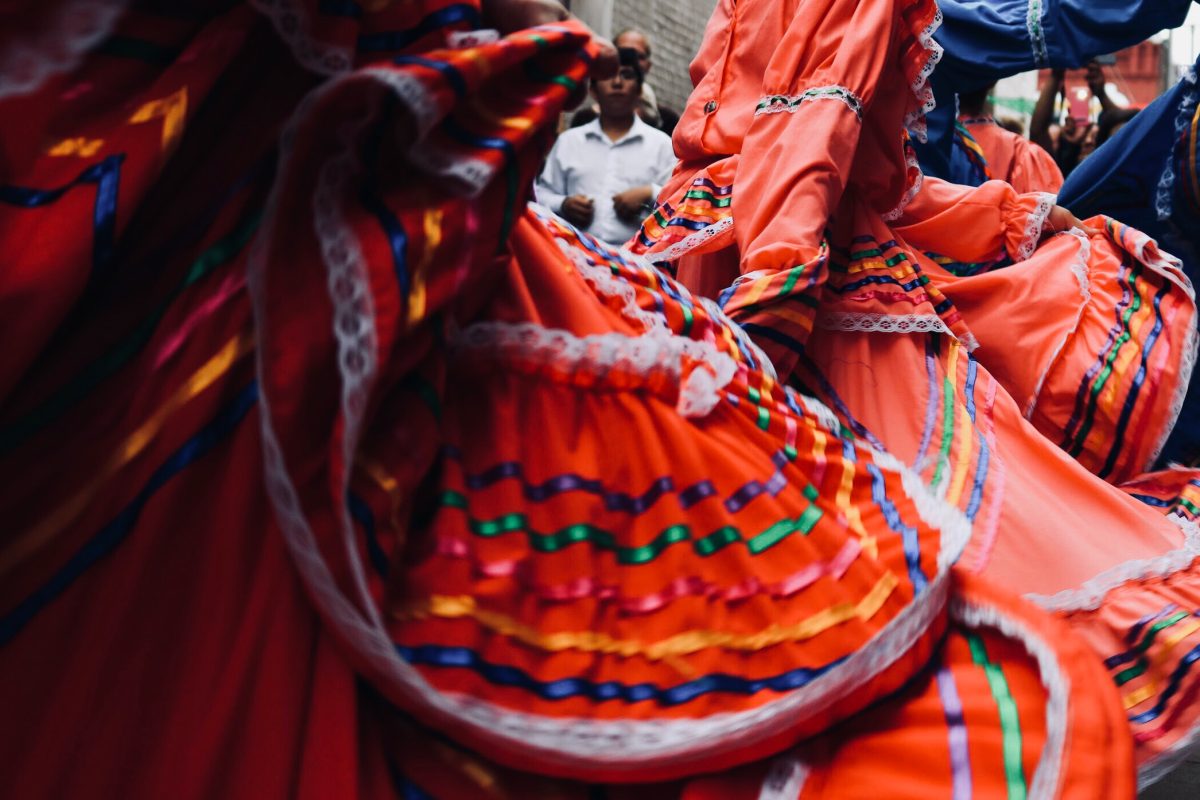Moving to Colombia: Everything Expats Need to Know (2026)
Thinking about moving to Colombia? You’re not alone.
In recent years, Colombia has become one of the most attractive destinations for expats, digital nomads, and remote professionals. With a warm climate, affordable living costs, and a thriving business scene, the country offers both adventure and opportunity.
However, relocating successfully requires more than excitement — it demands preparation. From visas and taxes to healthcare and safety, there are several steps to master before settling in.
This Europortage relocation guide gives you the complete picture — practical, clear, and updated for 2026 — so your move to Colombia feels as smooth as possible.
Key Takeaways:
✔️ Colombia offers a low cost of living, great weather, and a welcoming culture for expats.
✔️ The government provides several visa options — including digital nomad and residency visas.
✔️ Healthcare and education systems rank among the best in Latin America.
✔️ Spanish fluency and local cultural awareness make adaptation easier.
Why Colombia is attracting global talent
Colombia is quickly becoming one of Latin America’s most exciting destinations for expats and digital nomads. With year-round warm weather, low living costs, and a thriving business scene, the country offers a rare mix of comfort and opportunity.
Cities like Medellín, Bogotá, and Cartagena combine modern infrastructure with friendly communities and a dynamic lifestyle. However, moving to Colombia requires careful planning — from visas and finances to safety and local culture. This Europortage guide walks you through every essential step.
Types of Visas in Colombia
When moving to Colombia, choosing the right visa is your first major step. The Colombian Ministry of Foreign Affairs offers three main visa categories, each tailored to a different goal:
Visitor Visa (V type)
Ideal for tourists, short-term business trips, or digital nomads. It usually allows stays up to 180 days per year. Subtypes include Tourist, Business, Event Participant, and Volunteer visas.
Migrant Visa (M type)
Designed for foreigners who plan to live or work in Colombia for an extended period. Common categories include Work, Student, Marriage or Union with a Colombian Citizen, Investor, and Retiree visas. These are typically valid for up to three years.
Resident Visa (R type)
Perfect for those who want to settle permanently. It’s granted after holding a Migrant Visa for at least five years, or immediately if you have Colombian children or invest significantly in the country. Resident visas usually remain valid indefinitely, provided you don’t stay outside Colombia for more than two years consecutively.
💡 Quick Quiz: Which Visa Is for You?
🧳 Are you visiting Colombia for under 6 months? → You likely need a Visitor Visa (V).
💼 Got a Colombian job offer or business plan? → Apply for a Migrant Visa (M).
🏠 Planning to settle long-term or already invested locally? → The Resident Visa (R) is your path.
🌍 Working remotely for a foreign company? → Go for the Digital Nomad Visa (V-type), valid up to 2 years.
💬 Europortage Tip: If you’re still unsure, our Immigration Support team can evaluate your case and recommend the best option for you.
Each visa category has its own income and document requirements, so it’s best to evaluate your work plans, lifestyle goals, and expected duration of stay before applying.
When and How to Apply for a Colombian Visa
Essential Document Checklist
Before applying, gather and organize all required paperwork. It saves time and avoids rejections. Most applicants need:
Valid passport (6 months remaining, 2 blank pages)
Passport photo (recent, 35 × 45 mm)
Visa application form — complete it online here
Proof of income (bank statements or contract)
Proof of health insurance covering your stay
Accommodation details (rental agreement or hotel booking)
Outbound travel ticket
Additional documents depending on your visa type — such as a job offer, marriage certificate, or company registration.
Once all documents are ready, upload them in PDF, pay the online fee (USD 50–80 for processing), and await a decision. After approval, pay the issuance fee (USD 230–300) to receive your digital visa.
💡 Europortage Note: Applications can take 5–15 business days depending on the embassy’s workload, so plan ahead.
Importance of Authenticating and Translating Documents
Colombian authorities require all foreign documents to be either apostilled or authenticated by your nearest Colombian consulate if your country is not part of the Apostille Convention.
Additionally, any document not originally in Spanish must be translated by a certified translator (traductor público oficial). Missing or incorrect translations can delay your visa approval.
💬 Europortage Tip: Always scan and keep digital copies of both original and translated versions. Our immigration specialists can verify your documentation before submission to ensure full compliance.
Final Advice
Start your application at least 60 days before traveling. Preparing early lets you correct errors, schedule consular appointments, and avoid unexpected delays.
Whether you’re moving for work, adventure, or remote life, understanding Colombia’s visa process is your gateway to a smooth start — and Europortage is ready to guide you every step of the way.
Manage Your Finances Wisely
One of the best surprises about Colombia? You can live very well — and still save. A high quality of life at affordable prices draws thousands of new residents each year.
In 2025, average monthly costs look like this:
Rent (1-bedroom, city center): COP 1,500,000 (~USD 380)
Utilities + Internet: COP 250,000 (~USD 65)
Groceries + Dining Out: COP 600,000 (~USD 155)
Transport (metro or bus): COP 80,000 (~USD 20)
Total monthly living cost for a comfortable lifestyle? Around USD 1,000–1,500, depending on your city.
Colombia’s currency is the Colombian Peso (COP). ATMs usually give better rates than currency exchanges. Opening a bank account requires a Cédula de Extranjería, proof of address, and sometimes an employment letter.
💡 Financial note: Tax residents (183+ days in a year) are taxed on worldwide income. Non-residents pay only on local earnings. If you’re working for an international company, consider using Europortage’s payroll solutions to stay compliant with Colombian tax law while keeping things effortless.
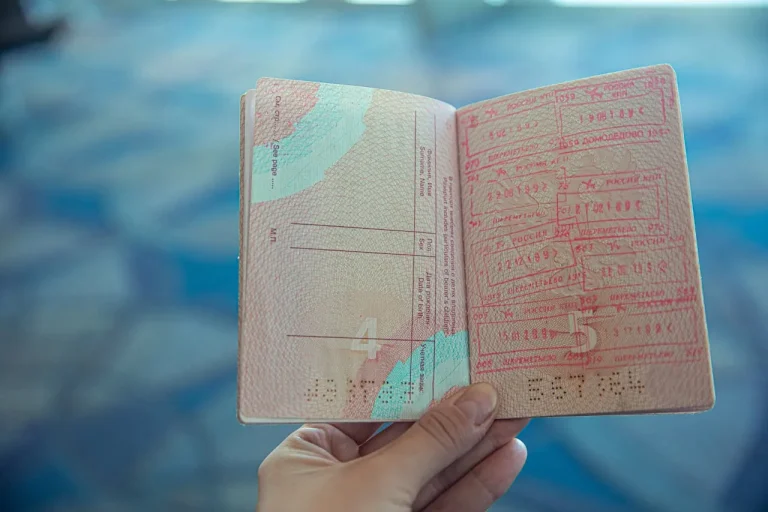
Find Housing That Fits Your Lifestyle
Your home in Colombia will shape your entire experience — from morning coffee views to evening security. The housing market is diverse, vibrant, and surprisingly affordable.
Renting: Most expats begin by renting. Leases run for 12 months with one month’s deposit. Some landlords request a fiador (local guarantor), but serviced apartments or expat-friendly agencies can help you skip that step. Always confirm what’s included — water, gas, and internet are not always bundled.
Buying: Foreigners can freely buy property in Colombia, and prices remain competitive. A one-bedroom in Medellín can cost under USD 100,000. Ensure all ownership and tax records are verified by a bilingual lawyer before signing.
Top expat neighborhoods:
Medellín – El Poblado & Laureles: Modern, safe, green, with endless coworking spaces.
Bogotá – Chapinero & Usaquén: Cosmopolitan vibe, ideal for professionals.
Cartagena – Getsemaní: Colorful, historical, and close to the Caribbean sea.
💡 Tip: Always sign a notarized contract. Ask if the property is registered in the Catastro (local land registry). That’s your legal safety net.
Work and Career Opportunities
Colombia’s economy is growing fast, with rising demand for tech professionals, bilingual teachers, and creative entrepreneurs. Startups in Bogotá and Medellín are booming, and remote-friendly companies are increasingly hiring Colombian talent.
If you’re job-hunting, explore LinkedIn, Elempleo, or Computrabajo. Fluency in Spanish gives you a huge edge, but English-speaking roles in international firms are also expanding.
Already working remotely? Then you’re in luck — Colombia’s Digital Nomad Visa was designed for you. It lets you enjoy Latin life without creating a local entity or paying Colombian corporate taxes.
For international companies, hiring directly in Colombia can seem complex. That’s where Europortage’s Employer of Record (EOR) comes in. We handle payroll, taxes, and compliance, while you manage the team’s daily work. Whether you’re a freelancer moving south or an HR leader expanding globally, we make the process seamless.

Streamline Your Expansion with EOR Services in LATAM
Expand across Latin America effortlessly with our Employer of Record (EOR) services. We handle compliance, payroll, and employee management, ensuring smooth operations while you focus on growing your business.
Healthcare and Education
Colombia’s healthcare system is one of the strongest in Latin America — efficient, modern, and affordable. Residents can enroll in either the public EPS program or private prepaid plans.
Public healthcare offers broad coverage, but wait times can be long. Private plans deliver faster service and English-speaking doctors for a modest premium. The best hospitals — such as Fundación Santa Fe de Bogotá and Hospital Pablo Tobón Uribe in Medellín — meet global standards.
Health insurance is mandatory for visa holders, with minimum coverage of USD 70,000. Monthly premiums range between COP 200,000–600,000, depending on age and plan.
For families, education options abound. Colombia’s international schools follow U.S., British, or IB programs. Universities like Universidad de los Andes and EAFIT are among the best in Latin America.
Stay Safe and Smart
Colombia today is far safer than its outdated reputation. Major cities are welcoming and well-policed, but common sense is essential.
Use ride apps instead of hailing taxis.
Avoid displaying jewelry or electronics in crowded areas.
Keep copies of your passport and visa handy.
Save the emergency number 123.
Neighborhood safety varies, so ask locals and expat groups for insights. Medellín and Bogotá have strong community programs to support foreign residents.
Most expats report feeling safer in Colombia than they expected. In fact, many end up staying long-term because of the country’s kindness and resilience. A polite, respectful attitude goes a long way — Colombians appreciate visitors who adapt to their customs and show genuine curiosity about their culture.
Immerse Yourself in Colombian Life
Now comes the best part — living it.
Colombian life runs on connection, rhythm, and joy. Expect long lunches, spontaneous music, and friendly chats with strangers. Learn a bit of Spanish, dance to cumbia or salsa, and say yes to invitations — relationships are everything here.
The country’s landscapes are just as social: surf the Pacific, hike in the Andes, or sip coffee in the Zona Cafetera. Medellín’s annual Feria de las Flores and Cartagena’s film festival show how art and tradition blend everywhere.
Whether you stay six months or six years, Colombia will likely stay with you for life.
Conclusion
Moving to Colombia is more than relocation — it’s reinvention. The blend of opportunity, affordability, and genuine human warmth makes it one of the most rewarding moves you can make.
And you don’t have to do it alone. From Immigration Support to Employer of Record services in Colombia, Europortage handles every compliance detail so your relocation stays exciting — not exhausting.
📩 Ready to begin your Colombian chapter?
Reach out to Europortage today. Let’s make your move simple, compliant, and unforgettable.




